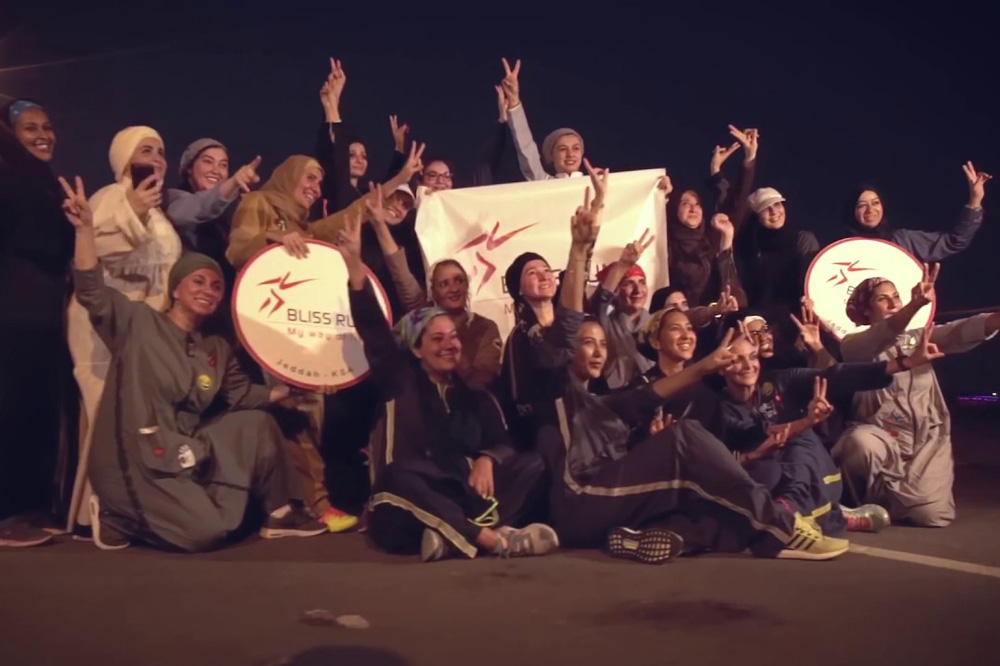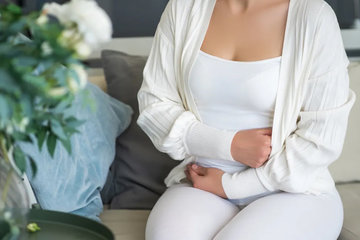
Last year marked the beginning of landmark reforms and initiatives aimed at improving women’s rights in Saudi Arabia, with the lift of a decades-old driving ban, to women attending games in national stadiums for the first time, to the growth of female running collectives across the country such as Bliss Runners and Jeddah Running Collective.
This month, one of these collectives is going the distance in encouraging Saudi women to don sneakers and run towards a healthier way of life. Speaking recently to Gulf News, Rasha Al-Harbi, founder of Bliss, talked about her determination to promote a walking and running culture in Saudi Arabia. Al-Harbi, who took up running while living in the US, formed the collective after conducting a survey in Jeddah that showed that women were very interested in taking up running.
From its humble beginnings with a few friends and family joining Al-Harbi on runs, the collective has now grown to 100 registered members, 65 of which are active runners who meet three times a week to practice together. Al-Harbi believes this is because it “is the only form of exercise that does not require any equipment or office space.”
With no specific venue for members to train, the runners can be seen on certain days in comfortable abayas as they run down on one of Jeddah’s many walking tracks, along the Red Sea, or in the city’s historical sites, working on their running technique, posture, duration, and speed.
“The abayas we wear are designed by local abaya designer Emaan Johaarjy, and meet the requirements of active ladies. The abayas accommodate the needs of Muslim women who work out and lead an active lifestyle, and at the same time are fashionable,” said Abeer Al Bayouk, one of the team leaders.
According to Al-Harbi, the women go for a 4 to 6 km run each time, and people usually stop to watch them run by, cheering them on or giving them the thumbs up. She also explained that the General Sports Authority of Saudi Arabia has shown its support for Bliss by opening up its training facilities around Jeddah and at the King Abdullah Sports City.
“They have also shown willingness to collaborate with us and support us with legal issues and permits,” she said.
















